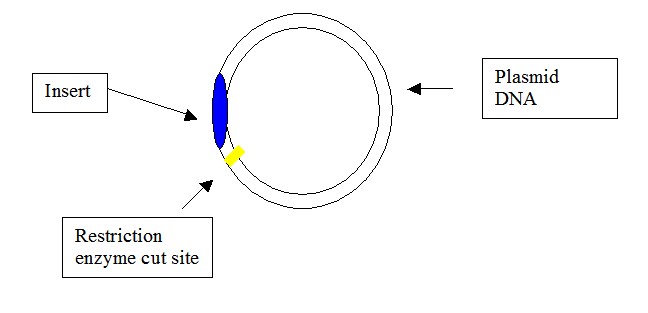
How is foreign DNA inserted into organisms during the genetic engineering of crops?
Akiva Friedman
White Plains High School
Summer Research Program for Science Teachers
Summer 2006
Do Now:
Circulate a copy of an excerpt of N.Y. Times Business Section, August 19, 2006:
In Error, Rice Crop is Mixed With an Unapproved Strain by Andrew Pollack
“Small amounts of an unapproved strain of genetically engineered rice have been found in samples of supplies destined for human consumption…”
…”The rice, developed by Bayer CropScience, contains a bacterial gene that causes the crop to produce a protein that makes it resistant to the herbicide Liberty, also known as glufosinate.”
Teacher should act as facilitator of a discussion of positive benefits and negative consequences of genetically modified organisms.
Mini Lesson: Day 1 – Background and Notes
This part of the lesson is a primer lecture covering key biotech concepts and techniques. Proper questioning technique may elicit answers from students and decentralize the teacher’s role in the acquisition of information.
Differentiating the mode of instructional delivery can strengthen this lecture/notes segment. Certain students may require a pre-note template with a list of key phrases to guide them through the background vocabulary. For example:
Overheads with diagrams are a key element when presenting scientific concepts.

Final Summary: Day 1
Group Activity Directions: Day 2 - double period lab
Each group is responsible for its own materials.
Final Summary: Day 3
· Students will present their findings as lab groups.
· Students shall discuss sources of lab error.
References to National Science Education Standards